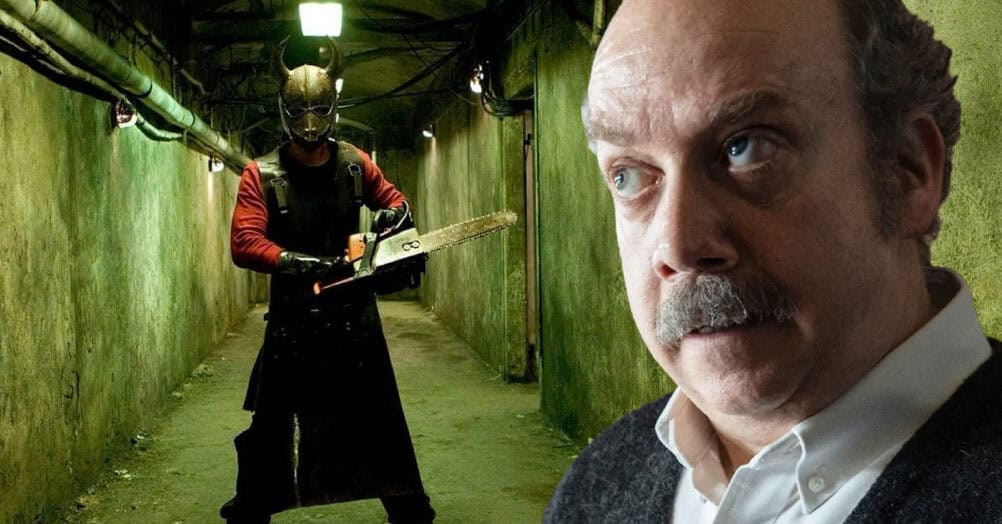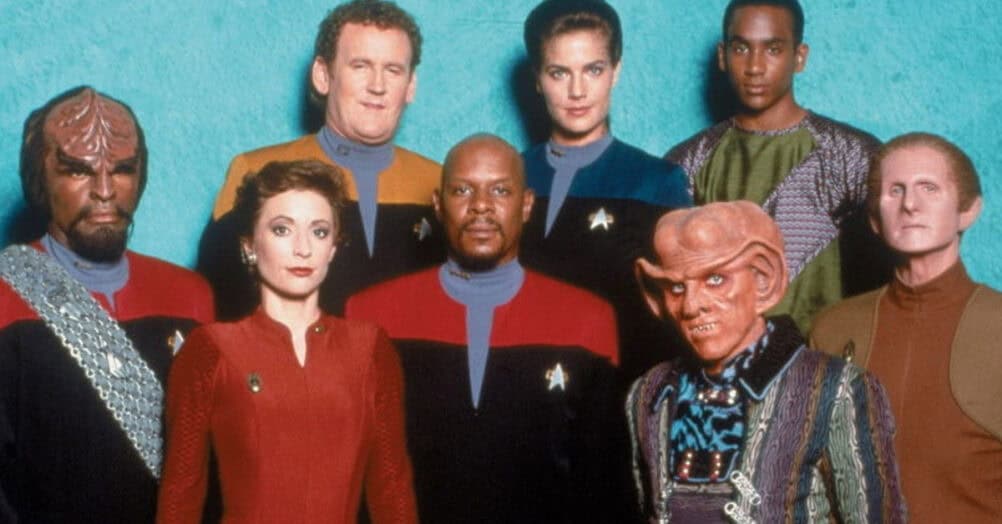Last Updated on July 31, 2021

PLOT: An epic exploration of the life and career of O.J Simpson, from his glory days in college football, to his murder trial and beyond.
REVIEW: If you thought that following Ryan Murphy’s American Crime Story: The People vs O.J you had seen everything there was to see regarding O.J Simpson’s infamous murder trial, think again. An exhaustive, seven and a half hour ESPN 30 for 30 production, O.J: Made in America is much more than a clear-cut look at what’s arguably the biggest media circus of our time. Rather, the trial is confined to only one episode of this masterful five part mini-series, and this is as much about Los Angeles, the LAPD and racism itself as it is the minutia of the case, which has been well-documented elsewhere.

The result is something akin to an American epic, and possibly the greatest long-form documentary of its type ever made – even next to something like The Jinx. The doc is so good that in addition to airing on ESPN, it’s getting a simultaneous theatrical release in its full version, meaning most theaters will be limited to only one showing per day. While seven hours plus may sound like an ordeal for the big screen, it’s worth noting that the doc played in that form at the Sundance Film Festival to a crowd that was riveted throughout, although it’ll likely find its largest audience on the small screen and streaming.
Some of our younger readers may wonder why the O.J Simpson case is back in the limelight more than twenty years after the verdict came out. Millennials almost certainly think of Simpson as a nothing more than murderer despite his highly controversial not guilty verdict, but as this doc shows this was only one chapter of a thoroughly American story. The first episode does a brilliant job at conveying the kind of cultural icon O.J was over the thirty-year period before his trial. Coming along at a time of great racial strife, O.J became a rare figure that transcended race, partly by his own design with O.J often going-on record saying, “I’m not black, I’m O.J!”
From his college days, where his status was so honored that he hobnobbed with presidents and dignitaries, to his incredible NFL career and perhaps his greatest fame as a pitchman (a black spokesperson for a national product like Hertz was unheard of in this era), to his largely successful attempts to make it in Hollywood, no stone is left un-turned. While the temptation to portray him as a monster was almost certainly there, director Ezra Edelman’s doc is far more nuanced, showing that at his best Simpson could be charming and was always kind and personable to his fans and teammates.

Yet, as episode two shows, once he relocated to L.A, and switched from the NFL to being a full-time mogul, part-time actor, Simpson’s true self started to emerge. It’s in episode two where we get a real insight into his marriage to Nicole, one that was contentious from day one and marked by numerous incidents of domestic violence. Possible drug use may have also been a culprit, although as that’s hearsay, it’s only suggested, with a drunken video of an O.J wedding guest asking where all the drugs are doing its job. Here the O.J we know and despise comes to the forefront, but again that’s only part of the story as so much time is spent giving necessary context into what was happening in Los Angeles at the time with the LAPD, including the Rodney King beating and resulting riot.
All this sets the stage for the third and fourth episodes, which focus on the grisly particulars of the case (including horrific crime scene photos) and tries to explain why the verdict went down the way it did through interviews with everyone involved, from Mark Fuhrman, to former O.J’s friend Ron Shipp, a black former LAPD officer who knew that O.J was a killer but was vilified by the Simpson defense team, to some of the jurors, who more or less admit that they know O.J was guilty, but they let him off because it was seen strictly as a black vs white issue. Justice for Nicole and Ron was merely an afterthought.
It all leads up to the absolutely incredible fifth part – the best of the bunch – which takes an almost Shakespearian look at O.J’s life post-trial. We see him try to adopt a thuggish persona in order to exploit his infamy, while his drug-fuelled life as a Miami resident is shown as the grotesque carnival it really was, with O.J doing all he could to cash-in on the trial. It all comes to a well-documented end with O.J’s Vegas arrest and current predicament as just another inmate, despised even by his most passionate trial supporters.
Through it all, Edelman’s film is a virtuoso piece of work, and one that proves to be an invaluable and often empathetic portrait of a community in turmoil, where the question of whether anyone involved actually got justice is one that was actively shirked-off by people involved from all-sides. Lawrence Schiller wrote a book about the Simpson case that he called ‘American Tragedy’. Over the course of four episodes, Edelman shows you just how apt that title really was, and even if your interest in the Simpson case is nil, this is must-see and a doc that will go-down as one of the finest ever made.




















Follow the JOBLO MOVIE NETWORK
Follow us on YOUTUBE
Follow ARROW IN THE HEAD
Follow AITH on YOUTUBE